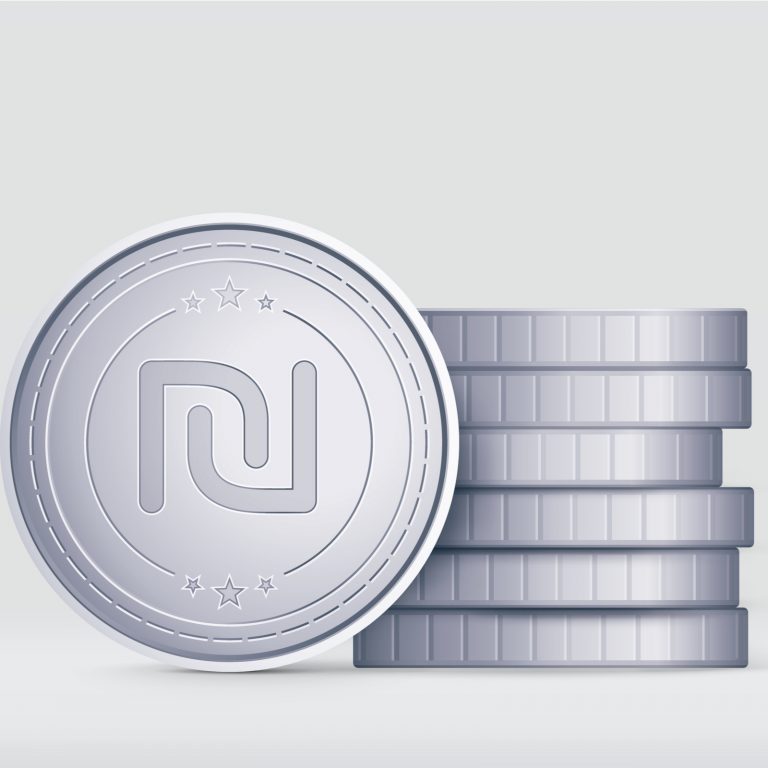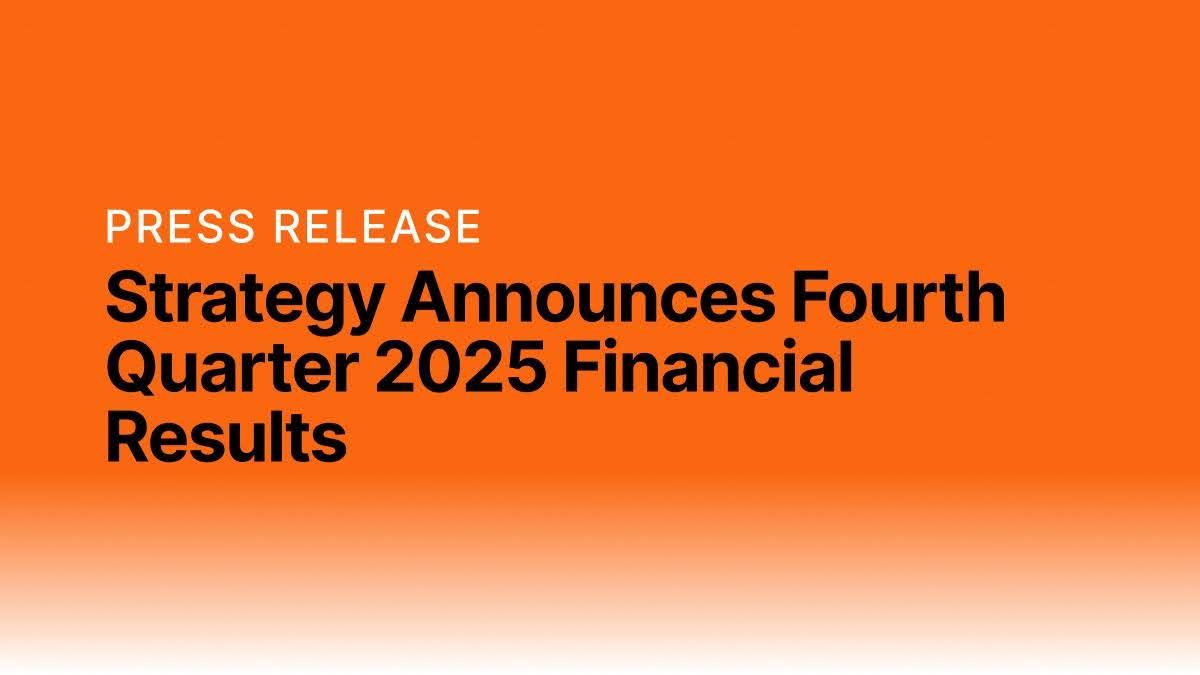2018-12-4 11:48 |
According to a brand new in depth report taken up and jointly published by the collective central banks of Canada, the United Kingdom and Singapore on November 15th, shed some profound light on the impact that Central bank Digital Currencies would have on interbank payments and transactions.
According to the report, CDBC's would help improve counterparty credit risk for cross-border interbank payments and settlements.
To give a brief bit of exposition, a CDBC is a digital currency which is issued by a central bank whose legal tender status is left up to the kind of governmental regulation or law that the country is bound by. The more ‘Wholesale' derivative of CBDC (or W-CBDC) has a number of limits to its use to its financial institutions and markets, in contrast to the more conventional ‘retail CBDC' for the general public.
The jointly compiled report looks into how exactly these challenges and frictions can be tackled in existing cross-border payments and interbank settlement systems, each of which currently rely on central banks operating the real-time gross settlements (RTGS) infrastructure within the commercial interbank obligations must settle.
The combined report cites that there are five main drawbacks to the current cross border ‘correspondent banking' system presently in use. The first being that there are significant time lags for payments which transfer to where laws are disparate, these are referred to as cross-jurisdictional payments. It's during these transactions that counterparties are exposed to credit and settlement risks from their correspondents.
The matter of lags also provide a limit to the extent to which there can be an effective deployment of commercial banks' liquidity, this is due to the fact that funds are tied up for longer than they really should be. Some of the other major obstacles include a distinct lack of transparency regarding the status of payments for both end-users and banks conducting the transactions, along with high operational costs, and the ever increasing vulnerability of RTGS systems to Cyber attacks and other digital threat factors.
Along with these factors, the report goes on to propose and analyze two remediary ‘legacy' approaches, and one approach that would involve the issuance of wholesale CBDCs, in three configurations.
One of the first configurations would be the issuance of more jurisdiction specific W-CBDCs, the reason being that these cannot be exchanged across borders. The second being jurisdiction specific W-CBDCs that, in contrast, can be exchanged across borders; and the third, the issuance of a single, universally accepted W-CBDC.
Among these different variants, the jurisdiction specific WCBDCs were found to provide the fewest benefits in comparison to others. It essentially represents a tokenized variation of the existing correspondent banking model.
However, the other two W-CBDC versions, according to the report, would be able to dramatically improve counterparty credit and payment and settlement risks, as well as to broaden overall access to RTGS infrastructure (i.e. to otherwise non-bank payment service providers).
One of the downsides that exists for each of these forms of W-CDBCs is that they were judged to ‘degrade' (i.e platform worse than currently) existing governance frameworks and to provide a range of benefits and subsequent drawbacks for central banks' future role and oversight.
As was previously reported from this year, both the Central Bank of Canada and Singapore's Monetary Authority each have two major CBDC related research initiatives which are currently underway. These being Project Jasper and UBIN respectively.
It was made public earlier this week that the head of the International Monetary Fund (IMF) Christine Lagarde made a call to the international community to ‘consider' endorsing CBDC's, making the argument that they could ‘satisfy public policy goals', more specifically ‘financial inclusion.'
origin »Bitcoin price in Telegram @btc_price_every_hour
Central African CFA Franc (XAF) íà Currencies.ru
|
|

































